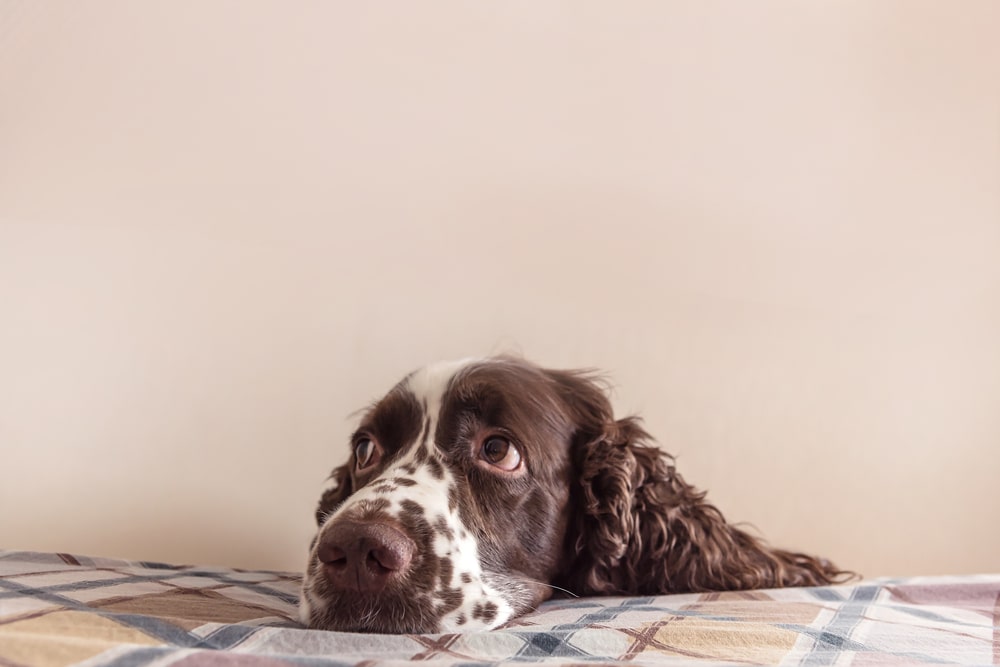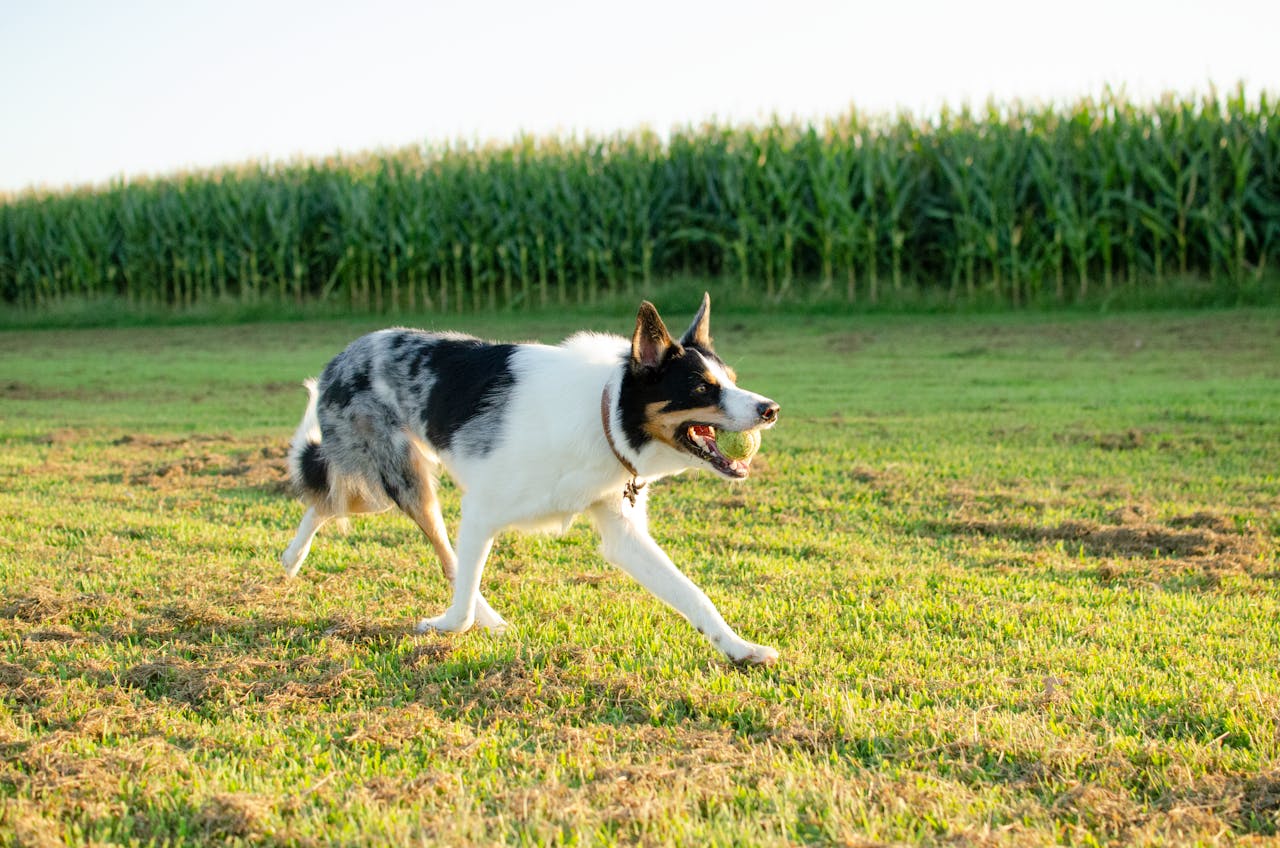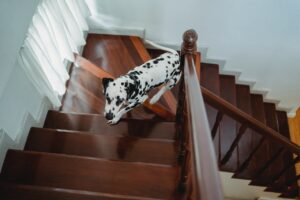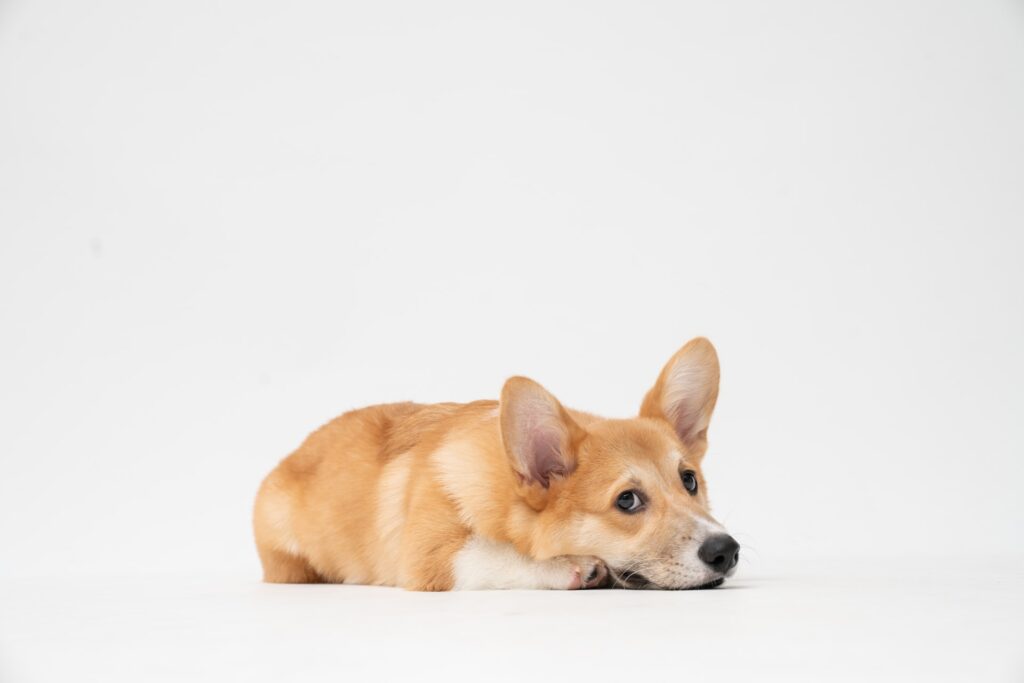Just like us, our furry friends also experience anxiety. A survey identified that 72.5 percent of dogs exhibit at least one anxiety-related behavior. Now, we are witnessing more and more anxiety cases in dogs. Is that anxiety getting more common, or are we now able to recognize it better?
Dog anxiety is considered normal behavior, but if it is prolonged, it can lead to irreparable damage. And this is the last thing you can ever wish for your precious furry best friend. Let’s walk through the helpful guide on understanding dog anxiety, including effective ways for treatment and prevention.
Causes of Dog Anxiety
First things first: What do you think the dog anxiety comes from? There is a wide array of reasons for the anxiety to hit your furry pooch. According to experts, there are three main causes of dog anxiety:
Fear Anxiety
Fear is one of the main triggers of anxiety in dogs. If your dog exhibits a real or perceived threat from anything, they develop anxiety. For instance:
- Loud noises
- Strange people
- Other animals
- Visual stimuli like umbrellas or hats
- Strange or new environments or conditions, like vet offices, car rides, etc.
Some dogs try to respond to fear stimuli with aggression, but others, especially anxious ones, are affected more.
Separation Anxiety
Around 14 percent of dogs suffer from separation anxiety. Some dogs are prone to separation anxiety when detached from family members or left alone. If you get a call from your family member that your dog is defecating in the house or barking excessively after your departure, it’s separation anxiety. This form of anxiety is really popular among dogs. They are pack animals, so it’s crystal clear why they develop anxiety when left alone.
Age-related Anxiety
As evident by the name, this type of anxiety is present among senior dogs. Age-related anxiety is associated with cognitive dysfunction syndrome (CDS). When a dog exhibits CDS, perception, memory, learning, and awareness start to decline due to aging. These signs are similar to those in the early stages of Alzheimer’s disease. Consequently, your senior dog gets confused and develops aging-related anxiety.
Symptoms of Dog Anxiety
So you understand now what causes anxiety in your dogs. But what do you do if your dog is suffering from anxiety? If you look closely, you will get the idea that something is wrong with your furry friend. Why does my dog sit alone in another room? Why does my calm fur baby have now become an aggressive dude? The destructive behaviors in your dog can tell you about the developing anxiety condition in your dog.
Here are a few common signs of dog anxiety:
- Aggression
- Pacing
- Restlessness
- Drooling
- Panting
- Depression
- Destructive behavior
- Excessive barking
- Urinating or defecating in the house
- Repetitive or compulsive behaviors
Aggression & Anxiety
Some of these signs may stem from occasional anxiety-triggering events, but if left unaddressed, they can escalate into more persistent problems. One dangerous sign of dog anxiety is aggression. This aggression can be either direct or indirect, depending on the circumstances. Direct aggression occurs when a dog displays aggression toward people or other animals.
Indirect aggression may develop when a person intervenes between the dog and the source of its aggression, such as another dog. Even if the dog is prevented from causing harm, aggressive behaviors like growling or barking can lead to unfavorable situations for both humans and dogs.
Urination Inside the House
This behavior is mostly present in dogs suffering from separation anxiety. Dogs experiencing anxiety may get so worked up that they relieve themselves indoors, regardless of being previously house-trained. Of course, this is really frustrating for you as you have to do the unpleasant task of cleaning up.
Other Destructive Signs of Severe Anxiety
Anxiety-suffering dogs develop destructive behavior. Dogs in a heightened state of anxiety may also pose a risk to themselves. Attempts to break out of dog crates, windows, or doors can lead to painful injuries, necessitating costly veterinary treatments.
How to Prevent Dog Anxiety
If your dog has shown no signs of anxiety, it means you are the lucky one. But it does not mean your dog won’t develop anxiety ever. So, follow these tips to ensure your dog keeps spreading love and happiness with nothing to worry about:
• Learn Their Body Language
If you can absorb only one tip from this guide, let this one. Try to learn the body language of your pup. What makes them uncomfortable? Are they scared of anything? What makes them happy? Learning their body language will help you know when they get anxious so you can treat their problem right away.
• Consider Obedience Training
Obedience training is another great place to start. That will help you develop a strong relationship with your dog and lay a foundation of trust and obedience. Besides, a well-trained dog is easy to socialize, which is a great way to prevent dog anxiety.
• Avoid Triggers
Sometimes, avoiding the situations that trigger anxiety in your dog is the most suitable option. For instance, if your dog is scared of a large group of people, try to avoid such situations for your dog. Of course, you should teach them socialization to lessen their fear, but till they adapt, try to avoid such fear-inducing situations for your pets.
How to Treat Dog Anxiety?
If your dog is suffering from anxiety, the best option is to consult with your vet. They will examine the situation and enlighten you about the type of anxiety they are suffering from, along with effective treatment options. Generally, your vet will recommend these options:
• Counterconditioning
This is another great way to treat dog anxiety. For this, try to gradually expose your anxious dog to the triggers. Besides, reward them with treats if they stay calm after facing the triggers. For example, play calming music during a thunderstorm or offer treats during fireworks.
• Medication
In severe cases, medication prescribed by a vet may be necessary. Your vet will recommend anti-anxiety medications or supplements to help manage symptoms. So, give your dogs the prescribed dose to help treat anxiety.
• Herbal Supplements
Sometimes, natural remedies can do the magic. Natural supplements such as chamomile, valerian root, or CBD can have calming effects on dogs. However, it’s essential to consult with a vet before introducing any new supplements.
• Aromatherapy
Another natural way to treat dog anxiety is by using certain scents. Lavender or chamomile are most commonly used to aid in reducing the anxiety in dogs. Aromatherapy using sprays or diffusers create a soothing environment for your anxious dog.
Final Words
Unconditional canine companionship is the best part of being a pet owner. However, just like humans, dogs too can experience anxiety. If it is left unaddressed, you may lose your precious furry friend.
So the good news is you can prevent dog anxiety and if it develops, there are plenty of ways to address it. Besides, know the triggers of dog anxiety and try to prevent them. But sometimes, you cannot avoid the source of anxiety, such as a thunderstorm. In such cases, leashes and body harnesses can prevent dangerous situations.
Найкращі практики догляду за хвостиками у 2026.
⚠️ We suggest that you read all the opinions on our portal and take note of them at your own discretion. Do not self-medicate! In our articles we collect the latest scientific data and opinions of authoritative experts in the field of health care. But remember: only a doctor can diagnose and treat.
The portal is intended for users over 13 years old. Some materials may not be suitable for children under the age of 16. We do not collect personal data from children under 13 without parental consent.We have a small request. We strive to create quality content about pet care, and we make it available for free to everyone because we believe everyone deserves accurate and useful information.
Advertising revenue only covers a small portion of our costs, and we want to continue to provide content without having to increase advertising. If you have found our content useful, please support us. It only takes a minute, but your support will help us reduce our reliance on advertising and create even more useful articles. Thank you!












